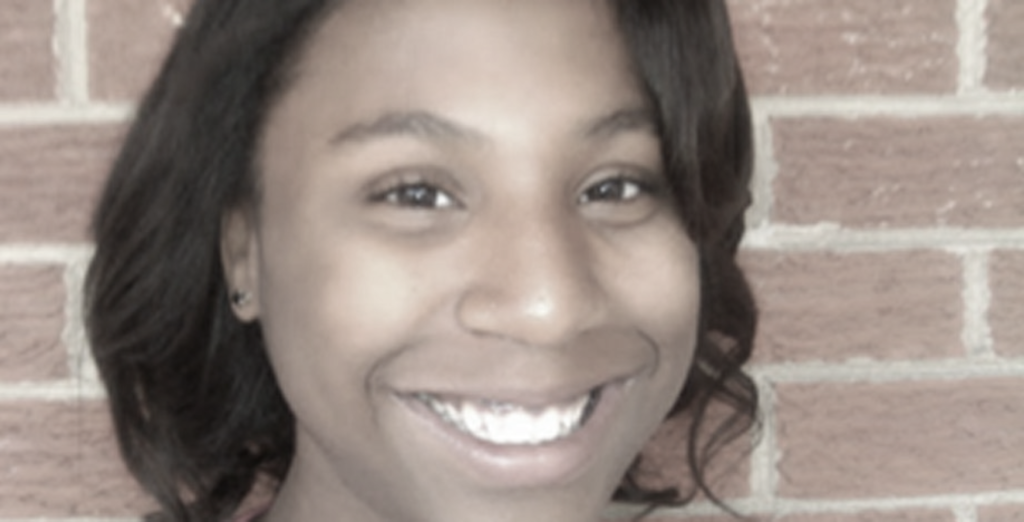

As a parent, one of the hardest things you never want to go through is having to bury your child. You want to protect your child from harm, see them grow up and flourish even better than you and have them outlive you.
For one Illinois parent, the death of her child by suicide was one of the hardest things she has been able to live through. But every day she turns that pain into purpose and using her daughter's death as a beacon of light to help others in need.
Elizabeth Gerald was the mother to 14-year-old Marcie Gerald, an honor roll student at Homewood-Flossmoor High School School in Chicago’s south suburbs. She was a fun-loving teenager with big aspirations and a joy to be around from friends and family.
“She was a little sophisticated for her age. She was involved in organizations that empowered young women and focused on community service.” Elizabeth tells of her beautiful daughter.
Dealing with Prostate Cancer? We Want to Hear from YOU!
But it was one day in 2014 that changed both of their lives forever.
In January 2014, Marcie was walking home from the library when a just-released 27-year-old convicted rapist brutally assaulted and raped her. Hospitalized, she was so hurt she couldn’t walk. Following the attack, Elizabeth says her daughter began having anxiety and panic attacks and suffered from depression and nightmares.
“After the rape the light went out in her,” Elizabeth explains. “She stopped wanting to get her hair and nails done and started wearing baggy dark colored clothes. She stopped trying to look attractive and maybe this was because she was afraid to attract another assault. She stopped going outside and wouldn’t even go to the store anymore.”
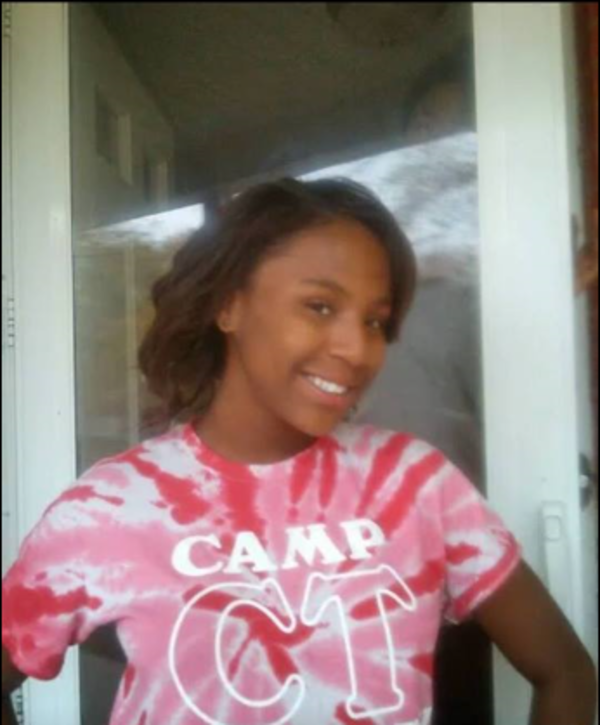
Many rape victims, young and old often and wrongfully blame themselves for the horrible violation of their bodies that takes place. It's through careful therapy and time that many are able to move past that. But in Marcie's case, she wasn't able to move forward due to a law that Ms. Gerald is now trying to put in place.
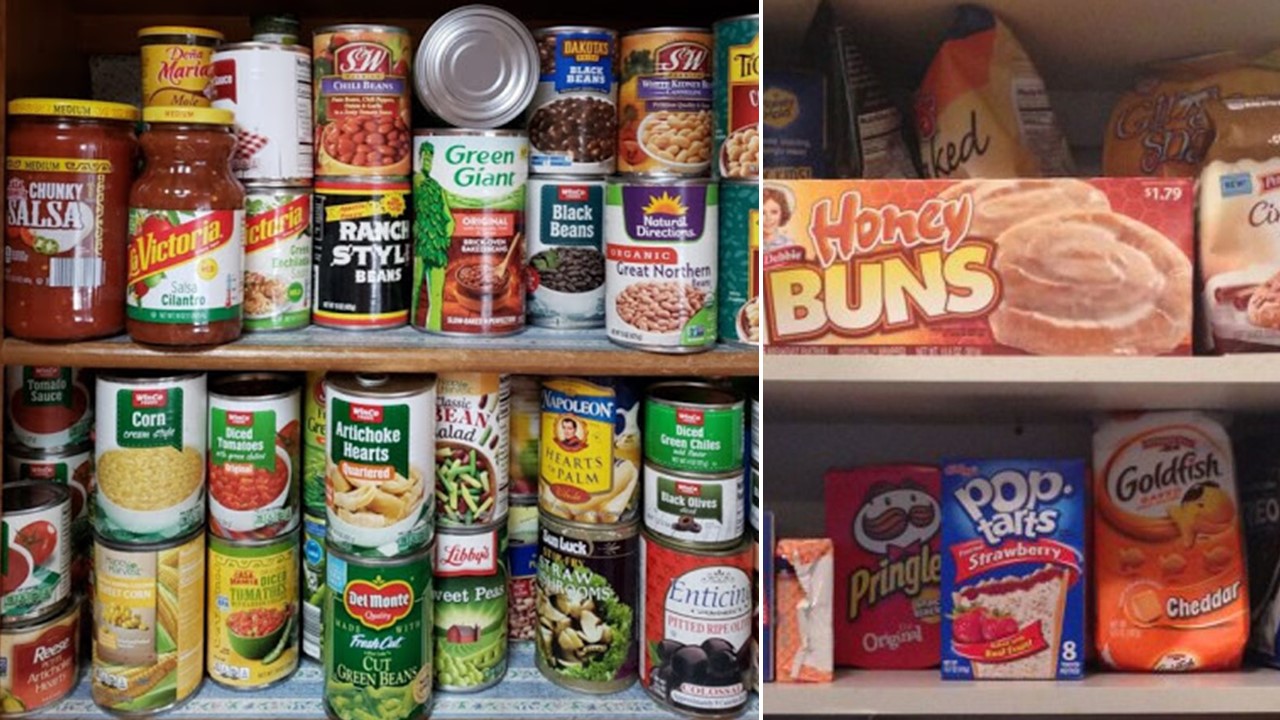
9 Foods You Should NEVER Eat after Age 30
Elizabeth says Marcie’s pain, anguish and fear were constantly perpetuated during court appearances where her unremorseful attacker would "wink and blow kisses at her" and told her how pretty she was. Elizabeth says the trial re-injured Marcie emotionally. Marcie’s attacker took a plea deal and was sentenced to eight and a half years in prison.
This incident in court three months after her attack was so traumatic for Marcie that her mother says it prompted her first suicide attempt after drinking bleach. Months later, the second suicide attempt came in the form of trying to cut herself. And even though suicide attempts may have stopped, Elizabeth says Marcie would scrub herself until her skin was raw.
"I don’t know where I would have been without my faith in God. I prayed constantly during those days. I had my friends, family, and the church praying too. Everyone was praying for her. Prayer helps, but people need more than prayer through traumas like this.”
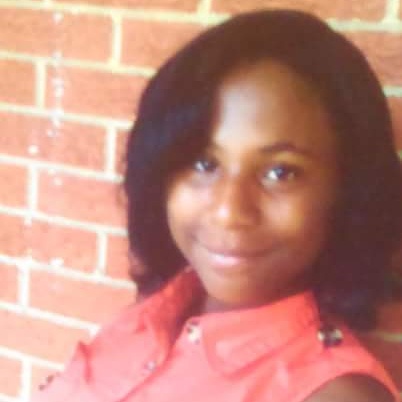
But Marcie received professional help as well. She was hospitalized for a time, prescribed medication and underwent regular counseling. Because Marcie’s rapist threatened to have members of a Chicago gang harm her and her family, she began homeschooling following the attack. She was then placed in a therapeutic school and still maintained her honor roll standing while getting treatment from a mental health agency.
“When a person is dealing with some sort of mental illness they need to be seen by a professional, whether it's a counselor, psychiatrist or psychologist,” Elizabeth says. “In the African American community, because of stigmas, we have the tendency to push things under the rug. When it comes to sexual assault a lot of families don't get justice or help because they say ‘what goes on in my house stays on in my house.’ They’re afraid of being judged. They don’t want people to know that someone in their family is struggling with a mental illness or dealing with a trauma because they think people will label them as crazy. Everyone is so worried about what the next person thinks about them that they refuse to get help.”
Marcie had seemed to be getting better but then, a year and a half after her attack, her mood changed. One night Marcie told her mom that she loved her, like she normally does, and fell asleep. But the next morning she would never wake up because Marcie had overdosed on a narcotic-like pain medication prescribed to her.
"Since Marcie’s death, I’ve experienced an array of emotions from angry to sad," she tells Jet Magazine. "It’s something I will never get over. My baby was only 15, but my reality is that she will never graduate from high school, she will never go to college, and she will never get married. I think about it every day. I have even gone through the stage of self-blame, but my family, friends, and neighbors have been a great source of support. After experiencing a pain that no parent should ever have to feel and accepting that I did all I could as a mother, I decided that I needed to turn my tragedy into something positive; I have to do something so that her name is not forgotten nor her death in vain."
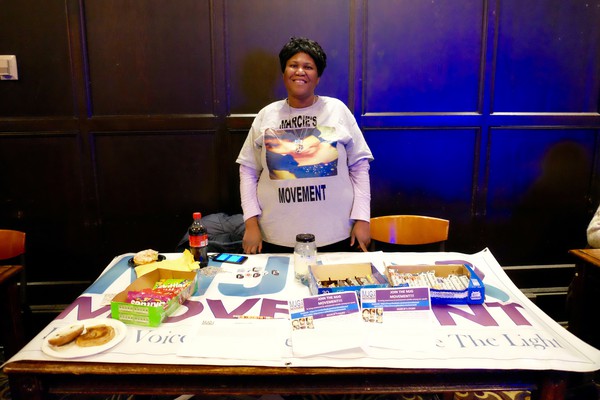
That's when she created the Marcie Jonea Gerald Movement. According to the site, MJG Movement is a youth organization that helps at-risk youth by providing educational workshops mentoring, and empowerment. Their mission is clear: to save lives and build up self-esteem.
Elizabeth says, “Marcie’s death is the greatest pain that I have ever endured and I will never fully recover from it.
If I knew then what I know now about mental illness and suicide I would have told more people about Marcie’s rape and her two other suicide attempts.
. Only a few people knew about the rape and only the school was told about her suicide attempts. Now I know how important it is to talk fully about what’s going on –it’s the only way that a person can really get the help they need.”
“I share my experiences in schools, churches, etc. and open conversations about suicide, mental illness, and sexual assault,” Elizabeth explains. “And also talk about bullying, domestic violence and other issues facing youth.”
Elizabeth is also working on the legislative front to get a bill passed that would create harsher sentences for any individuals whose actions or attacks tangentially cause their victims to commit suicide.

Before she gave the feeling that comes with racial discrimination a name, Mary-Frances Winters felt it constantly. She calls it "a dull droning sound that is always present" and "an underlying syndrome of sorts that permeates my very being." It's read more about Understanding ‘Black Fatigue’ – And 4 Ways to Overcome It

Stress does not do the body good. As a working mother of two, juggling schedules, events, my career and life, I am no stranger to stress. My life can easily become chaotic and stressful. I find that stress will affect read more about 8 Foods That Help Relieve Stress

The word “autism” seems to be everywhere these days. Whether it’s a neighborhood child down the road, kids at your child’s school, or just relatives and friends, the frequency of autism diagnoses is certainly on the rise. But what about read more about 6 Reasons Autism In Black People Stays Hidden

Back-to-school season is upon us – if you couldn’t tell by the uniforms and school supplies strewn all over every department store. And, as the yearly routine goes, there are a few tykes somewhere in the world begging their parents read more about 4 Tips To Help Your Child’s Back-To-School Anxiety

Dr. LaKeitha Poole's journey to becoming a mental health professional is one marked by resilience, passion, and a commitment to underserved communities. As a Black woman navigating the mental health field, her experiences have shaped her career and motivated her read more about My Mission to Revolutionize Mental Health Support for Black Athletes

For Black professionals, code-switching—changing one's speech and behavior to fit in with white-centric "professional" standards—is essential. However, the repression of fundamental identities and life experiences has a heavy human cost. This gallery shows this practice's hidden costs and difficulties. The read more about 16 Hidden Costs of Code-Switching for Black Professionals